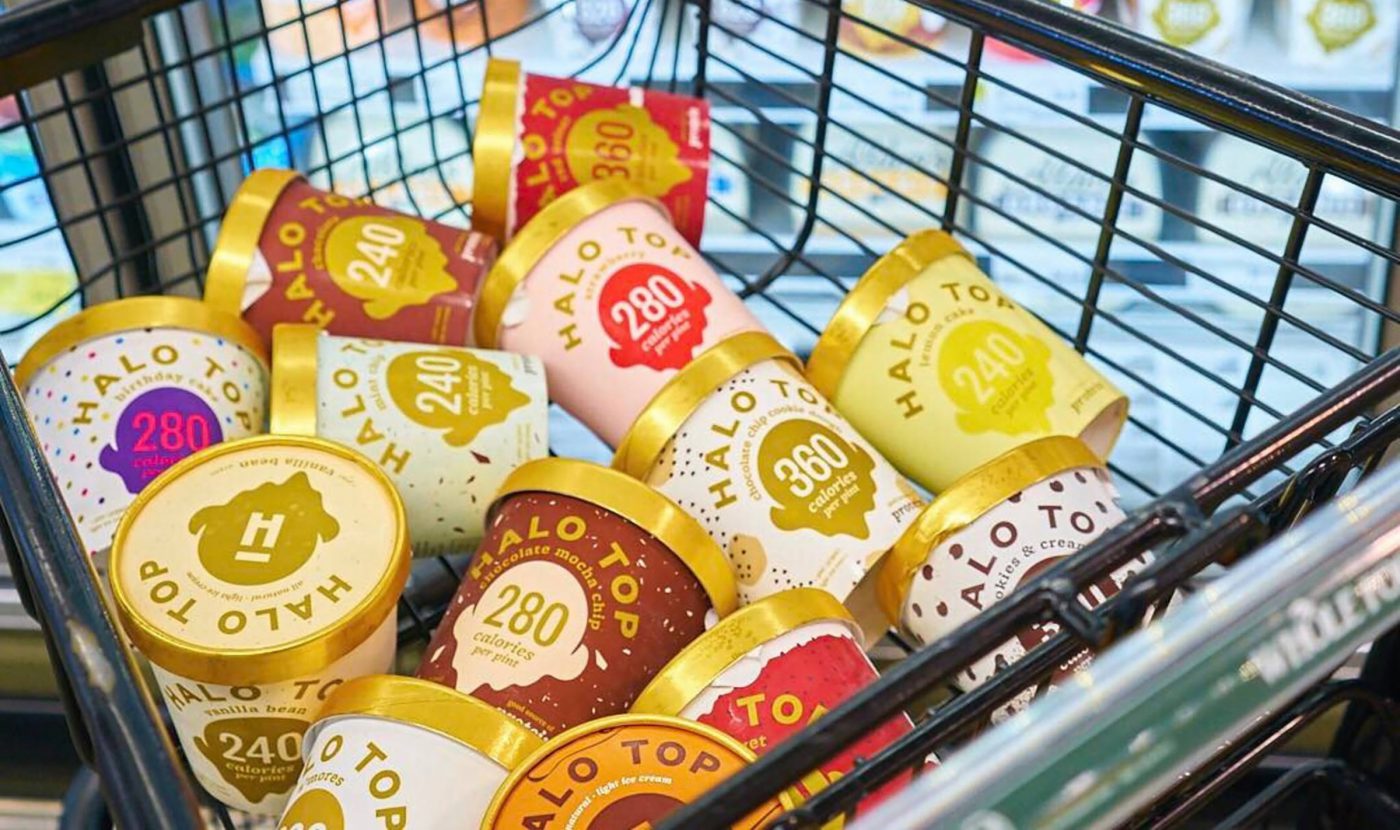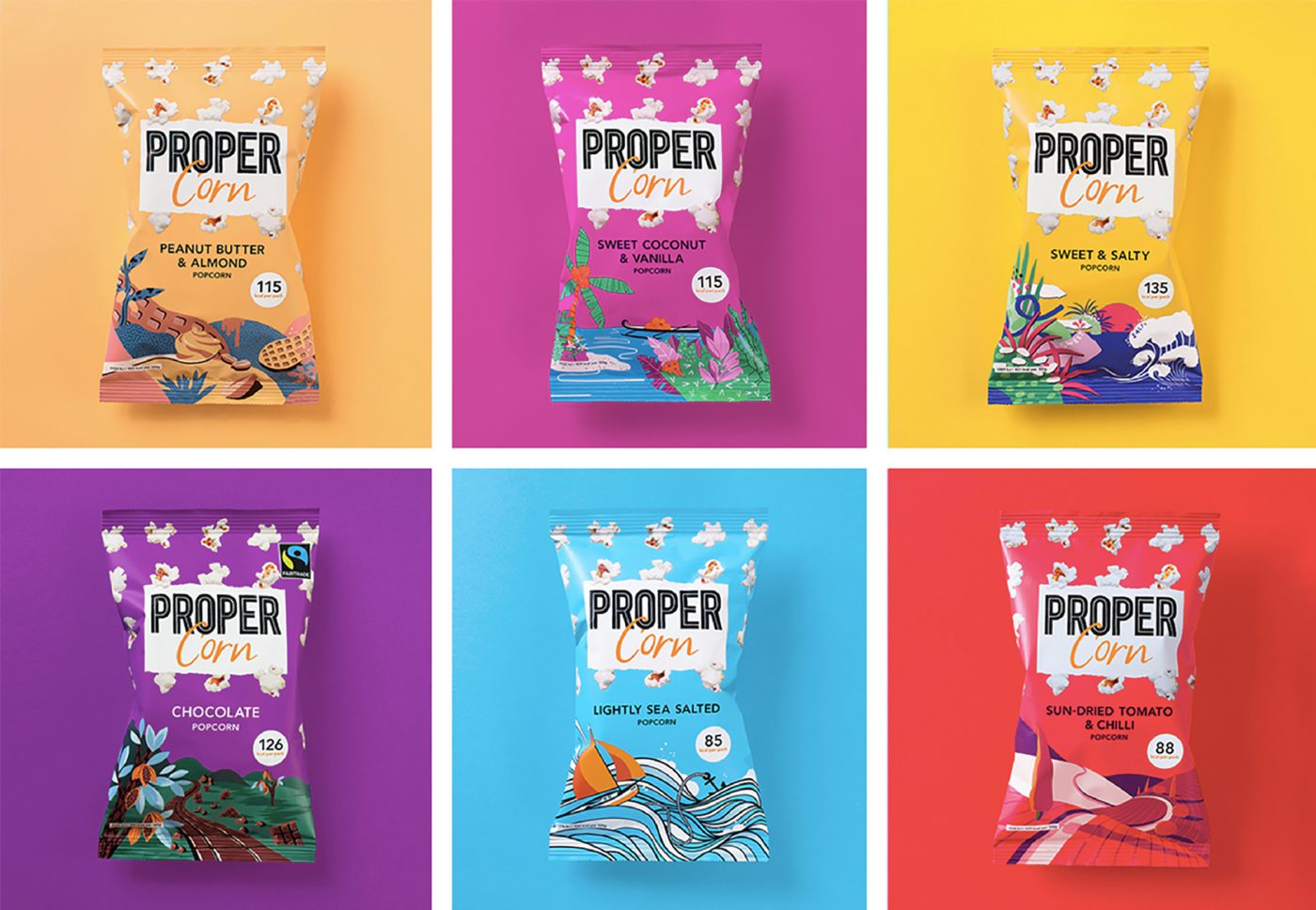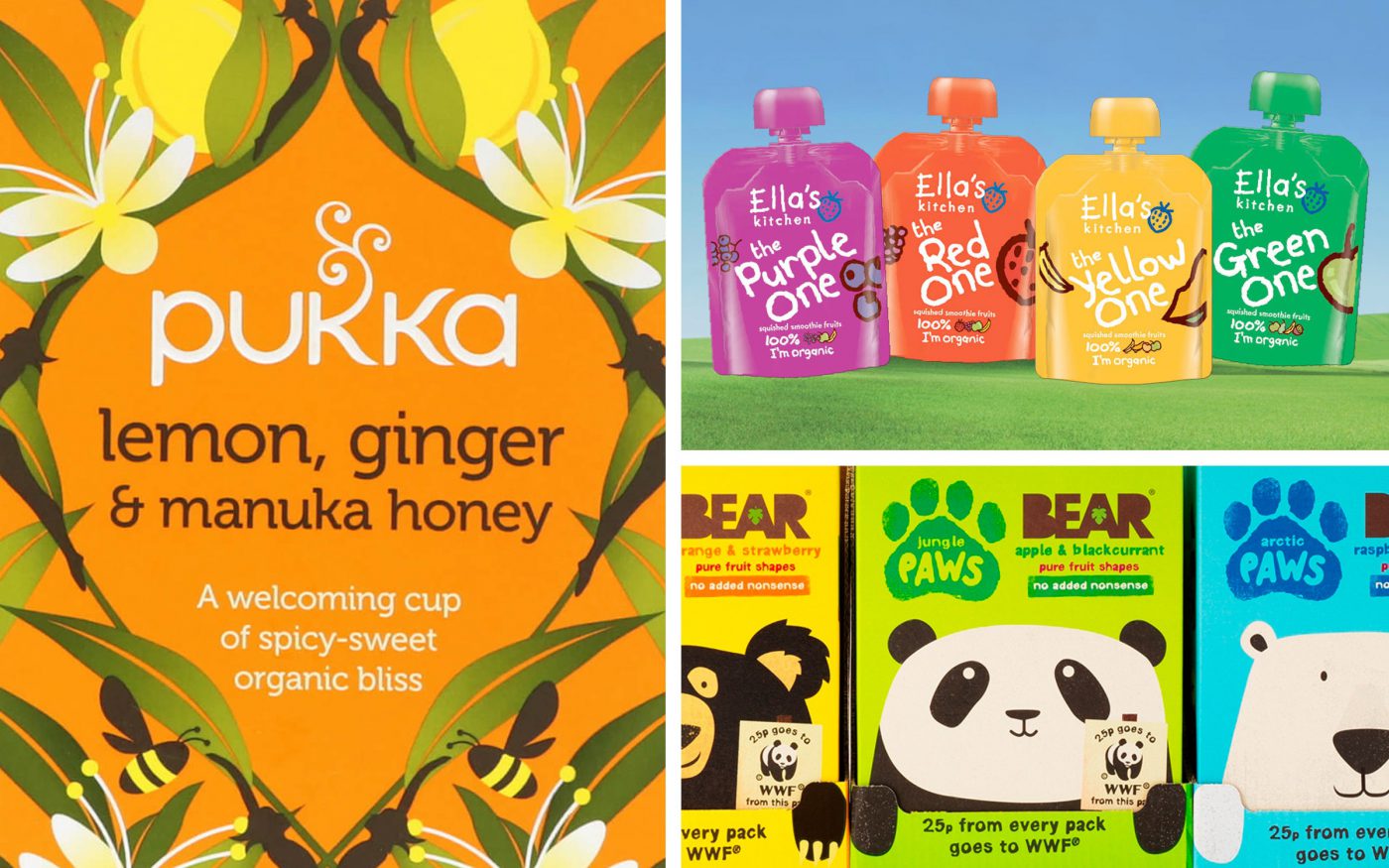Supermarkets in the United Kingdom and the States are crowded with new food start-ups which are innovating (and often shaking up) the FMCG market with new products and a distinctive touch of style.
This phenomenon can be clearly seen when observing the “horizontal” expansion of isles of ketchup, which have gone from containing a paltry number of items to at least a dozen varieties (from versions sweetened with agave syrup to spicy flavours with habaneros and ketchups made with beetroot).

Instead, in the ice-cream world there are situations such as the one that sees a company like Ben and Jerry’s being pushed from its role as a best-selling brand by Halo Top, a Los Angeles company that with only 5 years of activity behind it, is being met with great success, gaining 5% of the American ice-cream market. Flavoured popcorn (such as Propercorn) has taken the place of crisps, and date or hazelnut bars are replacing chocolate, while coconut water is invading the orange-juice shelves.

The examples are many, but there is one fact that more than any other provides an indication of the extent of this change in the food market: between 2013 and 2017, 88% of new products appearing on the shelves in the United States are from small- or medium-sized companies.European supermarkets are showing similar trends.
What has changed?
When the moment comes to hit the supermarket shelves, small producers are forced to change pace; extend the expiry dates, create more resistant packaging, provide complete traceability of ingredients and invest in in-store marketing, as well as dedicate time to stalking buyers, the true gatekeepers of the supermarket shelves. Here the battle between the small companies and the multinationals has always seen the latter in a privileged position. But recently it is not only simply buying power for shelf space that is decreeing the winners in this battle. Ever more often these days, it is the very supermarkets that see the need to propose innovative and differentiated products.In an attempt to fight the online competition, they themselves are opening the doors (and shelves) to start-ups.

The other side of the coin is that innovation is not in everyone’s reach. Ever more often, we see the giants of the food industry investing in small start-ups or developing partnerships with them. Apart from examples of true millionaire purchases (such as was the case in the United Kingdom with the Pukka, Ella’s Kitchen baby food or Bear Nibbles fruit snacks), what is generally happening is that small brands are managing to attract investment from both institutional investors and large-scale retailers, leading to rapid growth and the gaining of positioning that up to a short while ago was out of reach.
Could it be that this new wave of small- and medium-sized food businesses is a good sign and an opportunity to be taken in Italy as well? Culinary culture is certainly not lacking, and the industrial fabric has always been made up of a widespread network of small- and medium-sized business, many of which (the estimate is that 25% of companies have a turnover of between 20 and 50 million) have to face the delicate matter of the intergenerational passage in the next few years, leaving room for the innovators of tomorrow. How can we create a virtuous circle that brings together large-scale companies, start-ups and retailers?
Francesco Saviola, Strategic Designer at CBA

